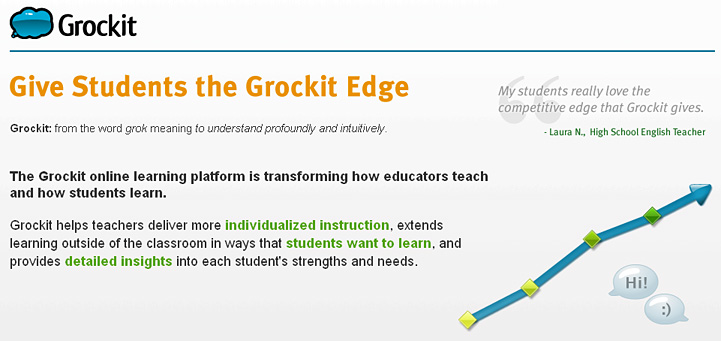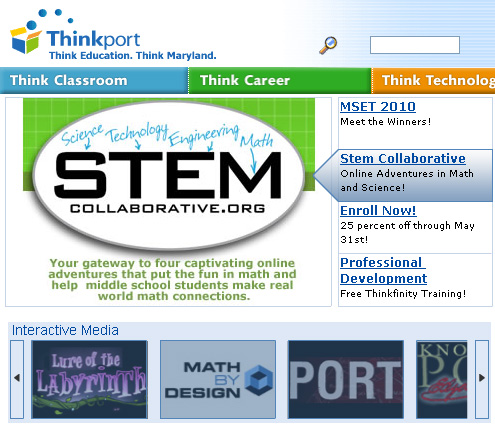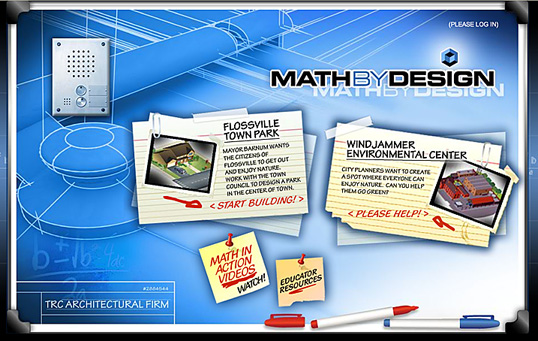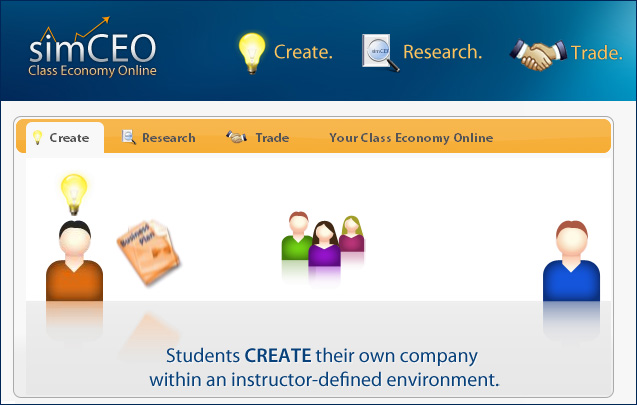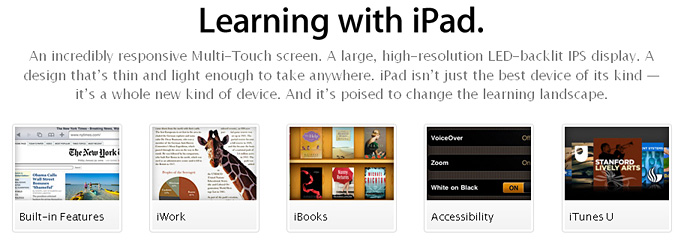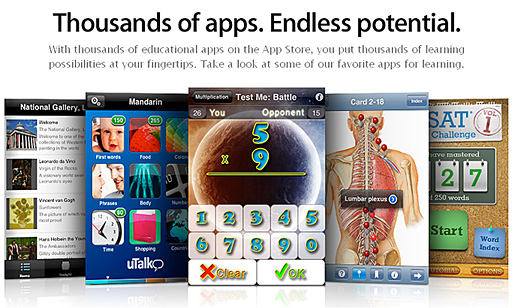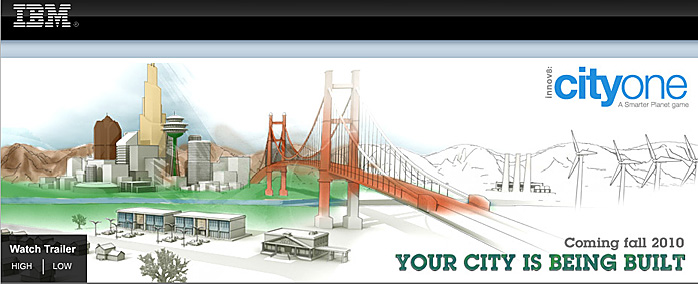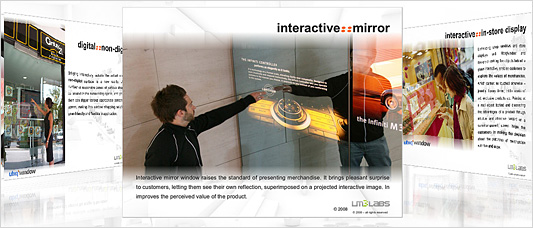Like Facebook, but for learning — from eSchoolNews.com by Laura Devaney
Combining social networking with studying, Grockit encourages academic success through peer interaction
Aiming to engage students who are multitasking with different forms of technology, companies are creating collaborative learning spaces online where students can help one another solve homework problems and study—all while building important 21st-century skills.
One such social-networking study site is Grockit, which currently offers test-prep services and is expanding its focus to include math and English for students in grades 8-12, with history and science soon to follow. Grockit has opened enrollment for a free Summer Enrichment Academy, which is designed to keep students from falling behind during summer vacation as they participate in collaborative group study forums online.









